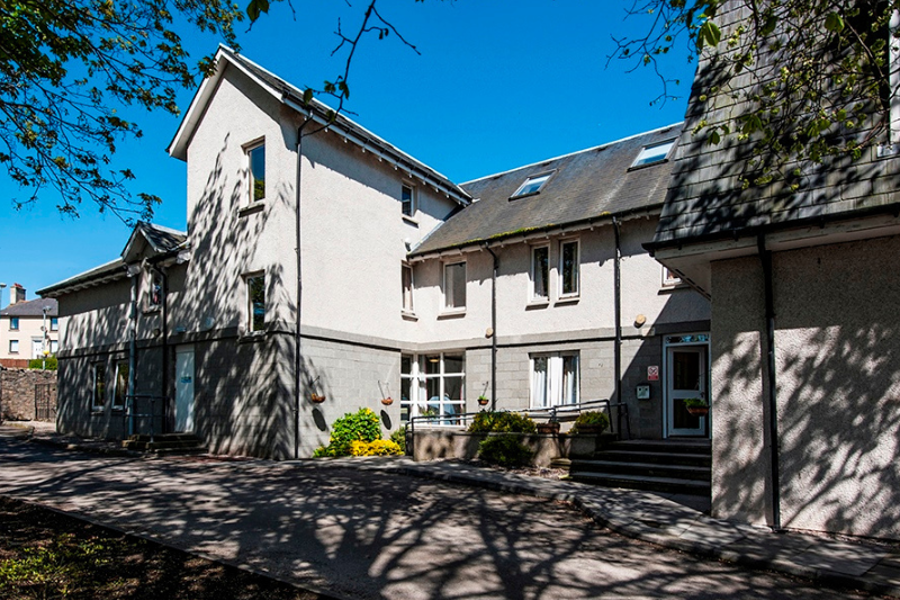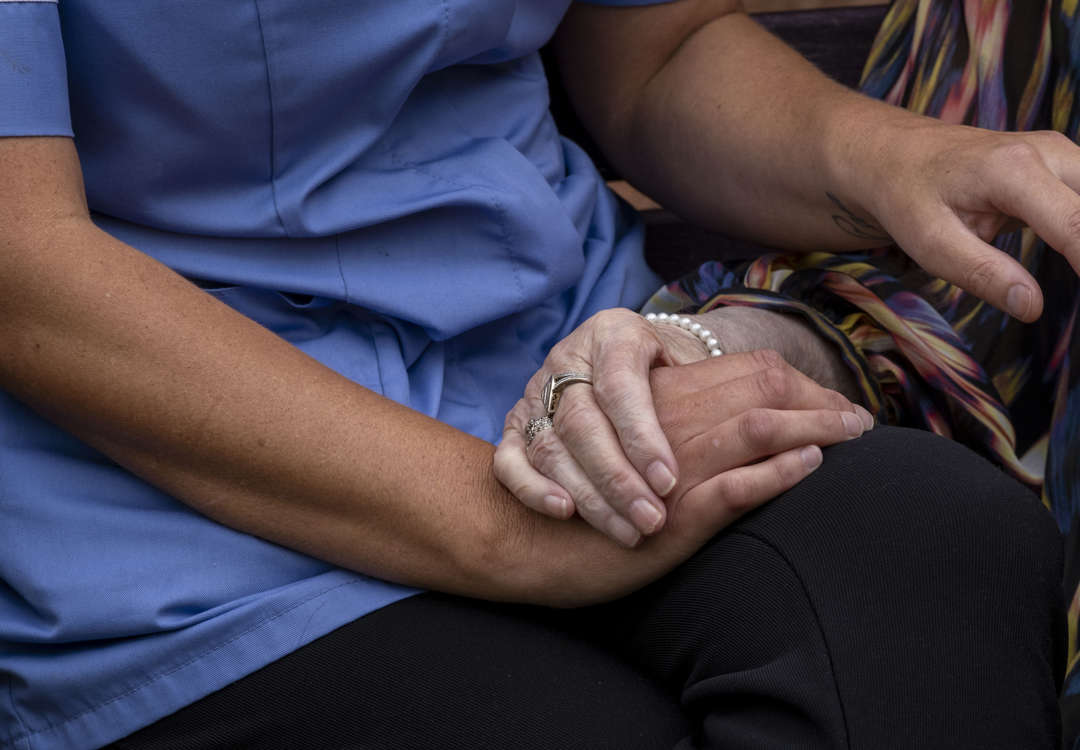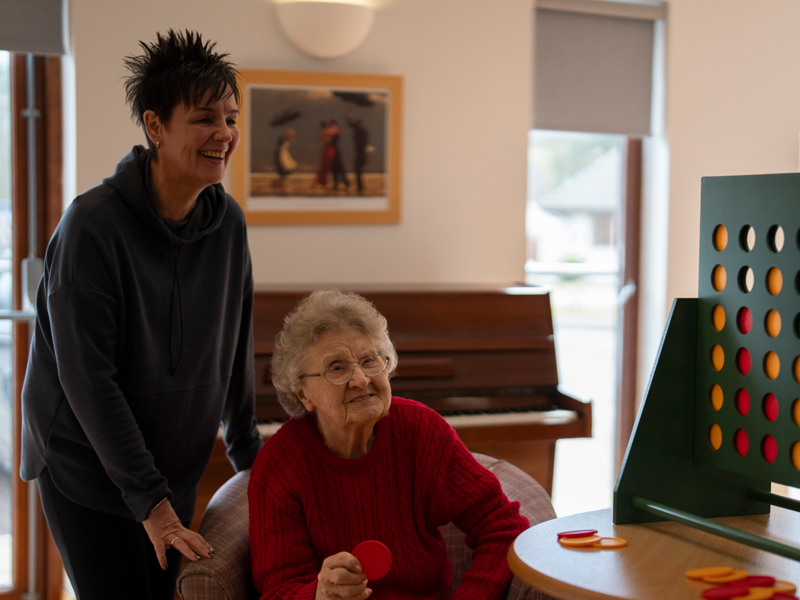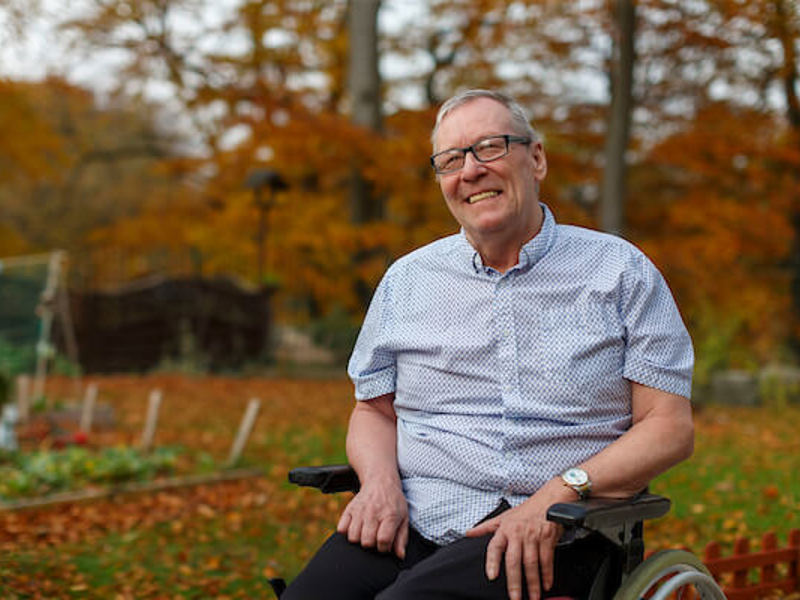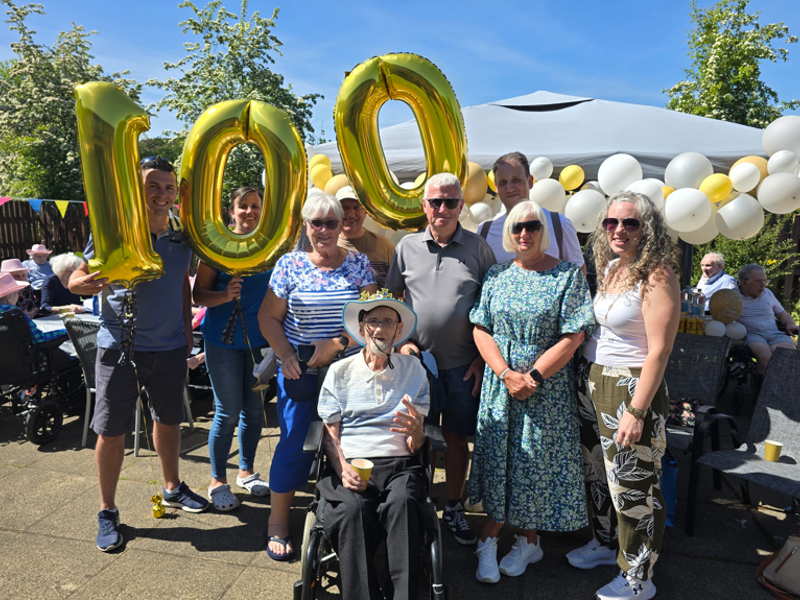
Specialist Dementia Care: A Tailored Approach
We have created a group of safe, stimulating and welcoming specialist dementia care homes, dedicated to providing exceptional care to those living with a diagnosis of dementia or alzheimers.
Our specialist teams understand that every individual’s experience will be different. So, we work collaboratively with residents and their families to create a tailored care plan that allows each person to achieve their full potential. We specialise in providing care as unique as your loved one. Our high staff-to-resident ratio gives us time to really get to know everyone individually. We learn about resident’s likes and dislikes, we experience their good days and not-so-good days with them and we form strong bonds that help us to navigate their Alzheimer’s and dementia care journey together.
Crucially, we also extend our dementia support to families, offering guidance and reassurance that helps them stay closely involved and informed. We understand that caring for a loved one with dementia can be challenging, and alongside our long-term residential options, we proudly offer compassionate respite care services. These provide essential short-term support and peace of mind for carers, ensuring continuous, high-quality care for your family member, no matter the duration of their stay




